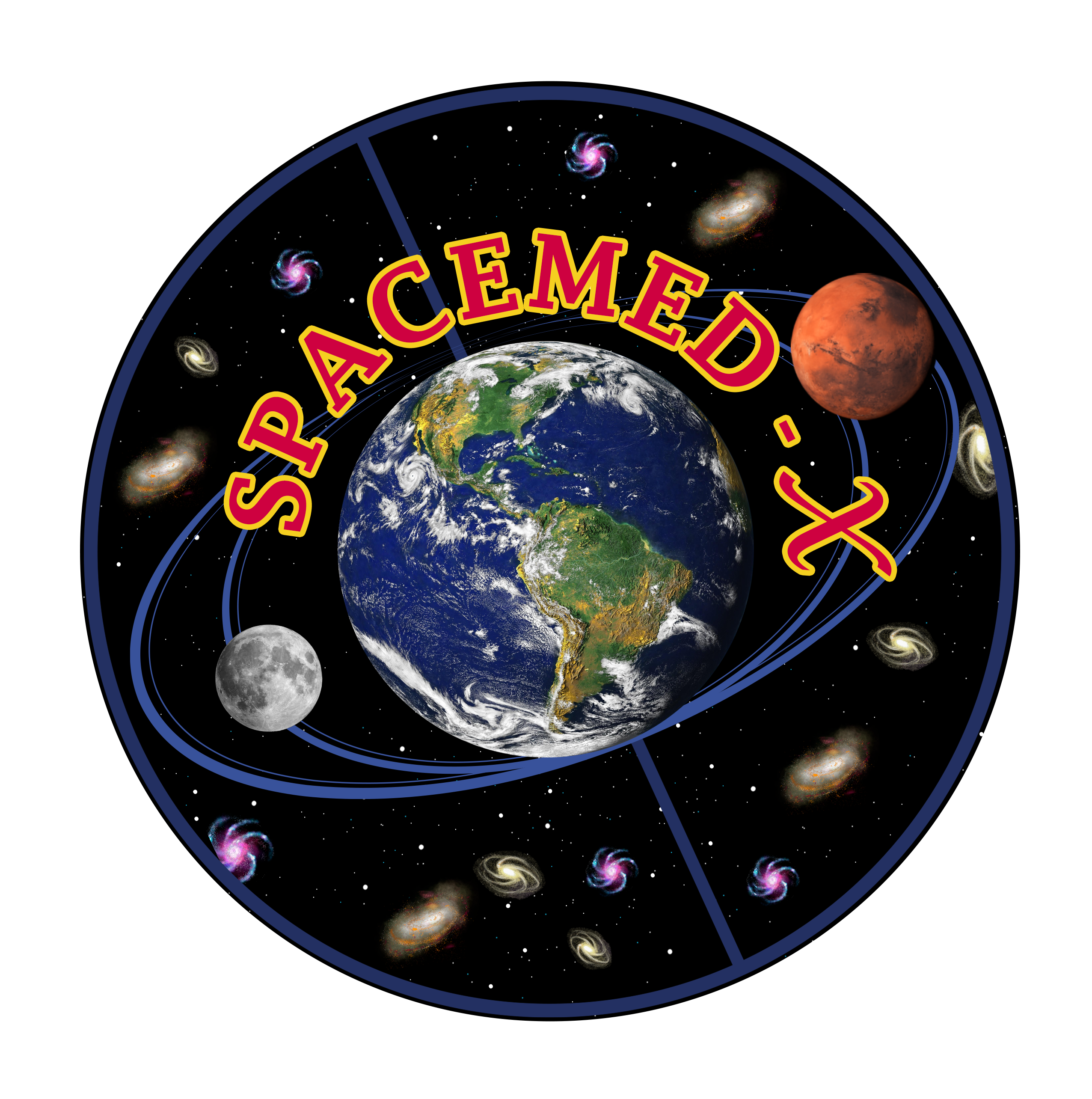(1) Phase I Clinical Trial
SPACEMED-X’s innovative patented drug, CARDIX-101, has successfully concluded its Phase I clinical study, demonstrating the drug’s safety profile and absence of significant side effects. Conducted between 2018 and 2020, the Phase I trial, titled “A Single Ascending Dose Clinical Study to Establish Safety and Tolerability of CARDIX-101 in Bradycardia Patients,” adhered to FDA and ICH Good Clinical Practice (GCP) guidelines. The study involved eighteen patients who were administered six ascending single-dose levels of the investigational drug.
Throughout the trial, no adverse effects related to CARDIX-101 were observed or reported for any of the participants, indicating a favorable safety and tolerability profile for the drug. This positive outcome marks a significant milestone in the development of CARDIX-101, paving the way for further research into its potential applications in addressing cardiovascular challenges associated with space exploration and human activities in the universe.
(2) Phase IIA Clinical Trial
SPACEMED-X’s groundbreaking patented drug, CARDIX-101, has successfully completed its Phase IIA clinical safety and efficacy study, highlighting the drug’s safety, absence of significant side effects, and most importantly, its positive therapeutic effectiveness. The clinical Phase IIA study of the CARDIX-101 drug, titled “An Exploratory Safety and Efficacy Study of CARDIX-101 for the Treatment of Chronic Bradycardia,” began in early 2021 at three clinical sites across the United States. A total of eighteen subjects successfully completed the 14-day clinical study. Each participant received three doses per day and underwent continuous heart rate (HR) and electrocardiogram (ECG) monitoring throughout the study. Doctors performed comprehensive tests and examinations before and after administering the medication. The clinical results demonstrated that no significant adverse events or QT dispersion related to the investigational medicine were observed or reported, underscoring the safety of the CARDIX-101 drug for patients.
The efficacy results obtained from the clinical subjects were equally promising. The CARDIX-101 drug significantly increased the participants’ heart rates by 23% to 40% (p-value < 0.001), with no abnormal phenomena or significant adverse effects reported among the subjects. It was hypothesized that the patient’s stroke volume remained approximately the same pre-dose and post-dose of CARDIX-101. Consequently, the increase in cardiac output could be estimated to be similar to the observed increase in the patient’s heart rates. These findings demonstrated the designed efficacy of the proposed drug. In conclusion, the Phase IIA clinical study of CARDIX-101 has yielded highly encouraging results, showcasing the drug’s safety and efficacy in treating chronic bradycardia. These findings highlight the potential of CARDIX-101 to revolutionize cardiovascular medicine, particularly for those involved in space exploration and multi-planet colonization activities. As research on this groundbreaking drug continues, the prospects for improving cardiac health among astronauts and Space settlers become increasingly promising, ultimately contributing to the successful expansion of human civilization beyond Earth.
(3) Regulatory Approval
At SPACEMED-X, we are committed to conducting further clinical trials and maintaining open lines of communication with the FDA to secure regulatory approval for our innovative cardiac function-enhancing drug. Our goal is to ensure that our drug meets the highest safety and efficacy standards, and we understand the importance of working closely with regulatory agencies to achieve this. In our pursuit of expedited approval, we have petitioned for an Orphan Drug Designation from the FDA Office of Orphan Product Development. This designation is intended to encourage the development of drugs for rare conditions and could significantly accelerate the approval process.
By obtaining the Orphan Drug Designation and working diligently with the FDA, we hope to fast-track the approval of our drug and bring it to market as quickly as possible. This will enable us to better serve space science research needs and contribute to the ongoing efforts to colonize other planets. Our unwavering commitment to advancing human space exploration is driven by the belief that our innovative drug can play a vital role in ensuring the health and wellbeing of astronauts and space settlers, ultimately aiding in the successful expansion of human civilization beyond Earth.

